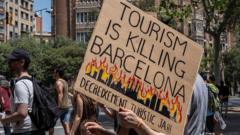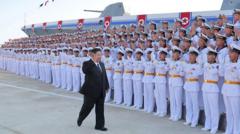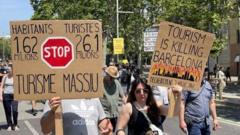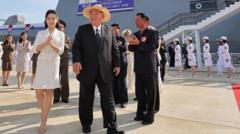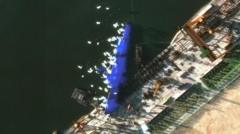Following a brief reopening, North Korea has canceled all tourism, affecting both Western and Russian visitors this month. The abrupt decision comes after years of lockdown due to the Covid-19 pandemic, leaving tour companies scrambling for explanations and travelers uncertain about future trips.
North Korea Suspends Tourism Just Weeks After Reopening to Western Visitors
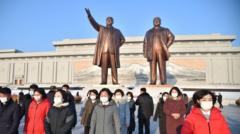
North Korea Suspends Tourism Just Weeks After Reopening to Western Visitors
The reclusive state halts tourism due to unexplained reasons just after welcoming its first Western tourists in five years.
In a surprising turn of events, North Korea has shut its doors to tourists once again, just weeks after allowing the first Western visitors into the country in nearly five years. The country had previously sealed itself off in early 2020 due to the Covid-19 pandemic, gradually easing restrictions starting mid-2023. Although it welcomed Russian tourists in 2024, the recent arrival of Western travelers in the eastern city of Rason marked a significant shift in its tourism policy.
As of now, several tour agencies have reported that excursions to North Korea have been canceled indefinitely. KTG Tours, a China-based company specializing in North Korean trips, announced on Facebook that they had received news from Korean partners indicating that Rason was now closed to all visitors. Other tour operators, including Young Pioneer Tours and Koryo Tours, confirmed similar suspensions of their services.
Tourists who were able to visit Rason experienced strict guidelines, finding their movements restricted compared to pre-pandemic excursions. Visitors had limited opportunities for unsupervised exploration and faced challenges with communication, as phone signals and internet access were non-existent in the isolated nation. A tour leader posited that the selection of Rason for the initial foray into tourism was likely due to its manageable size, facilitating greater control over visitor activities.
Earlier this week, Koryo Tours had even started accepting international applications for the much-anticipated Pyongyang Marathon, scheduled for April 6. However, the recent news raises doubts about whether those applications will be processed in light of the new restrictions.
Historically, North Korea attracted around 350,000 foreign tourists in 2019, with an overwhelming majority—approximately 90%—being Chinese nationals. The futility of resuming normal travel routes has left both tour companies and potential travelers on edge, uncertain about the future of tourism within the enigmatic nation.






